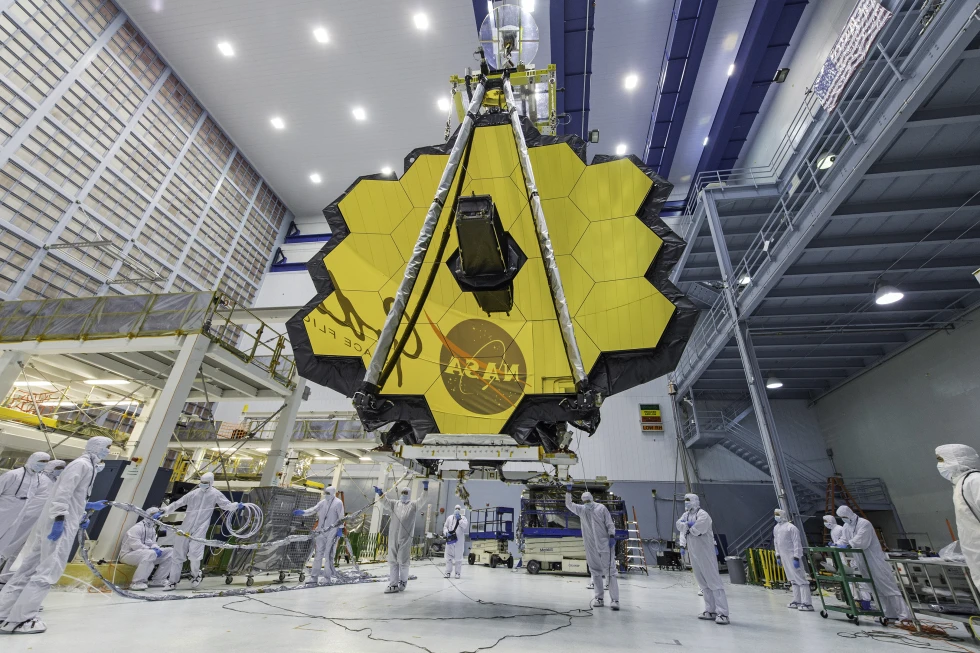

Astronomers have discovered the most distant black hole yet using the Webb Space Telescope, but that record isn’t expected to last.
The black hole is at the center of a galaxy dating to within a mere 570 million years of the Big Bang. That’s 100 million years closer to the beginning of the cosmos than a black hole identified in 2021 by a Chinese team using a telescope in Chile.
Webb already has spotted other black holes that appear to be even closer to the Big Bang nearly 14 billion years ago, but those findings are still under review, said University of Texas at Austin astronomer Steven Finkelstein, one of the lead researchers. The finding has been accepted for publication by the Astrophysical Journal Letters.
Because the signals from this particular black hole are weak, more observations are needed, according to the Texas-led team.
There are untold numbers of dormant black holes, some even more distant than this one. But without any glowing gas, they are invisible, Finkelstein said.
Detected in February, this particular one is active and actually puny as black holes go — equivalent to about 9 million times the mass of our sun. That’s close in size to the one in our own Milky Way galaxy, according to the team.
Using Webb, the team also spotted two other small black holes from the early universe, dating to around 1 billion years after the Big Bang. The observations suggest that these downsized versions may have been more common as the cosmos took shape than previously thought.
“There are probably many more hidden little monsters out there waiting to be found,” Colby College’s Dale Kocevski, who was part of the team, said in an email.
Launched in late 2021, Webb is the largest, most powerful telescope ever sent into space. Its first images and science results were released by NASA with much fanfare a year ago this week.